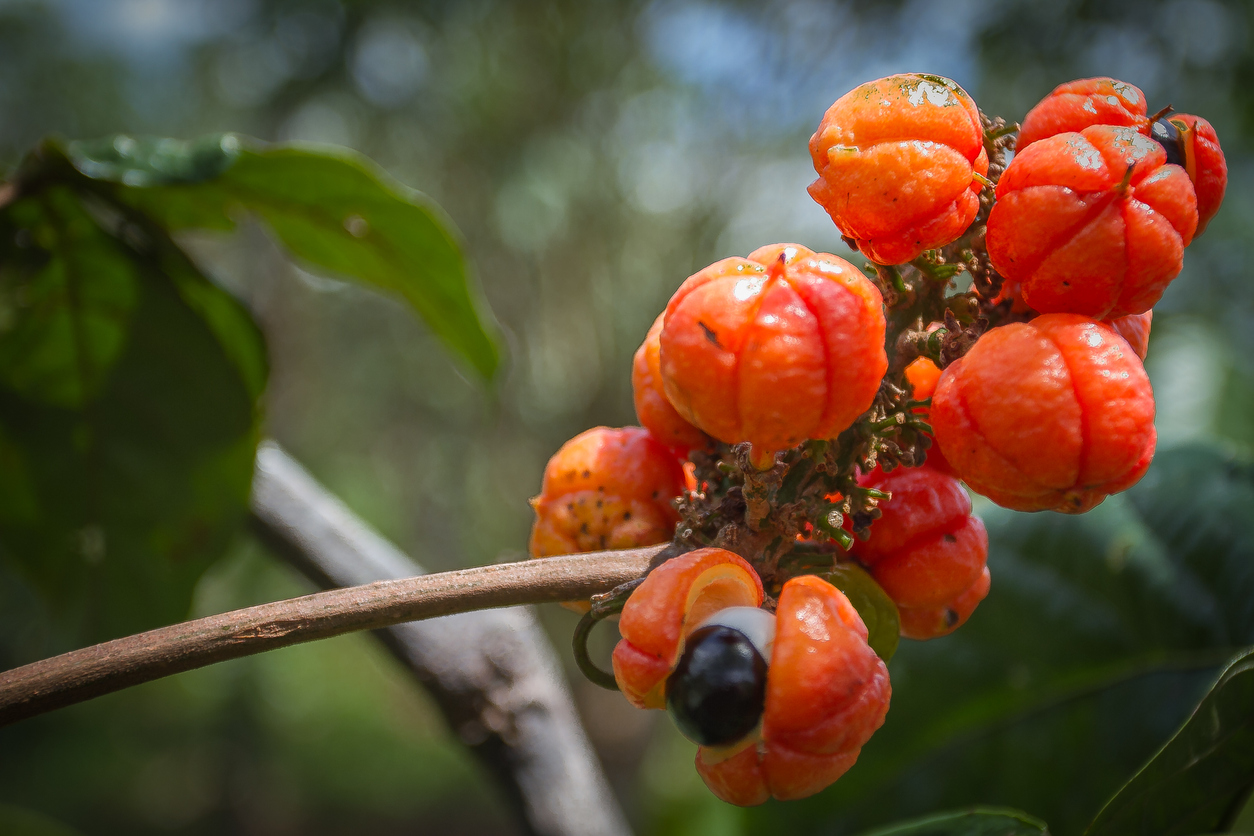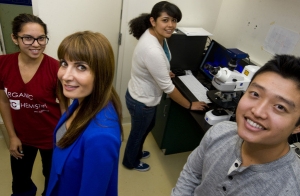
Guarana is a popular plant extract found in many supplement products including energy drinks that claim to boost performance and energy levels.
It comes from a little black seed that grows on a tree indigenous to South America, and it contains high concentrations of caffeine – much higher than the average coffee bean.
In 2001, I diagnosed a colleague with guarana induced premature ventricular contractions or severe heart palpitation. At the time, she was taking a dietary supplement that had high guarana content. Her palpitations were so severe that she was scheduled to have a heart procedure. The cardiologist who was going to perform the procedure did not know about the fact that she was taking a dietary supplement with high concentrations of guarana. I spoke to her cardiologist and suggested that she stopped taking the supplements and be re-evaluated in one week. She stopped having the palpitations. Because of my colleague’s case, one of my students and I published an article that included this case report titled, “Cardiovascular Adverse Reactions Associated with Guarana.”. In 2010, Wall Street Journal interviewed me to comment on the safety of guarana and published an article titled, “Can a caffeine-packed plant give a boost?”
My message when it comes to dietary supplements for the past two decades has been the same: they should be used with cautious and they should be monitored.
Guarana has not been extensively studied, and it will take more work to pinpoint the exact cause of what happened to my colleague, but it’s safe to say that consumers should carefully approach such supplements (Baghkhani and Jafari, 2002). In the case of guarana, although it is a plant and a natural product, yet if used in high amounts, it can cause heart problems.




I suffer from a Caffeine intolerance and that was proven to me today. About two weeks ago i gave up all Caffeine and my heart palpitations reduced to almost zero. I switched to a nice decaf cappuccino as my regular drink but I was interested in seeing what other hot drinks i could try. So I ordered a jar of Whole Earth Wakeup with Guarana as a coffee alternative which I thought was a natural non-caffeine stimulant of some sort. It arrived yesterday. This morning I tried a cup and my body felt kind of weird, a bit like drinking coffee but it was quickly over and i thought no more about it. This afternoon (20 mins ago) I had a second cup and the impact was strong. Heart Palpitations, numbing of the shoulder and upper arm, some temporary loss feeling in the face. All the symptoms I get when I overdose on Caffeine. I decided to look up what Guarana is, and low and behold it’s a stronger source of caffeine than coffee. Nightmare. However this proved to me one thing, which is that it is the effect of caffeine in whatever form that I must avoid. That it’s not the stress of work (where i typically drink coffee) or other ingredients or anything else – It’s the Caffiene! Good to have a bit of a blind test to confirm exactly what I need to avoid.